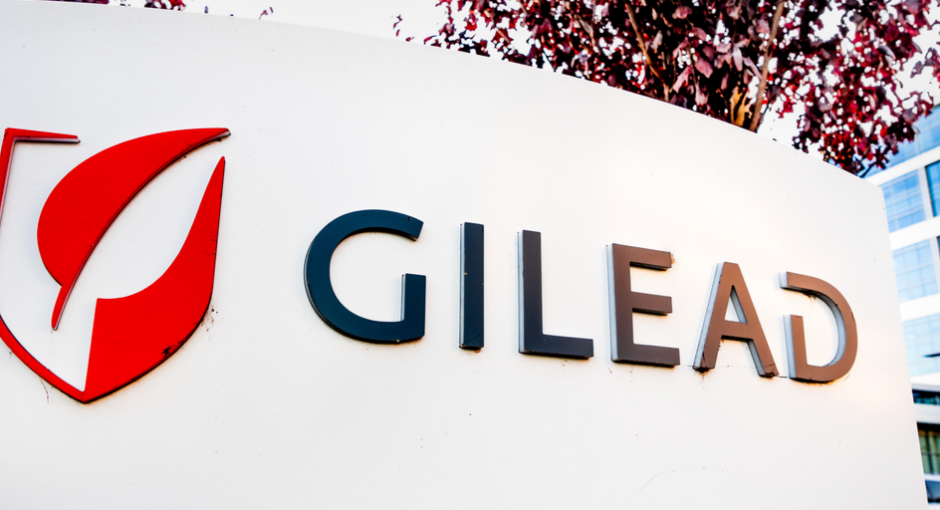Drug manufacturer Gilead told the National Association of Community Health Centers yesterday that NACHC’s condemnation last month of Gilead’s new conditions on 340B contract pharmacy pricing on its branded hepatitis C treatments “seem to represent a misunderstanding of this integrity initiative.”
“We strongly support the work of community health centers in treating and caring for patients across the United States, and have successfully partnered in increasing access to the treatment of hepatitis C,” Gilead Vice President Jason Krings said in an April 4 letter to NACHC Interim President and CEO Rachel Gonzales-Hanson responding to her March 21 letter to the company. “However, we are concerned with the assertions made in your recent letter.”
In that letter, Gonzales-Hanson called Gilead’s new policy “unconscionable,” “appalling,” “wrongheaded,” and “the latest example of corporate greed from a pharmaceutical company.” She asked Gilead “to reverse course immediately.”
Gonzales-Hanson said this morning: “It’s very unfortunate Gilead refuses to acknowledge the negative impact their ‘integrity initiative’ will have on thousands of patients who rely on contract pharmacies for their life-saving medications.”
Gilead’s Policy
Starting May 2, 340B covered entities will have to provide claims level data for Gilead’s branded hepatitis C (HCV) products to be able to continue to be eligible for bill to / ship to orders for multiple contract pharmacies. Grantee and hospital entities say conditioning 340B pricing on the provision of claims data is illegal. They also have raised privacy concerns as well as worries over the added burden of sharing the claims information. In addition, covered entities are concerned that by sharing this type of data, third party payors will ultimately reduce reimbursement to 340B pharmacies.
The affected products are Epclusa, Harvoni, Sovaldi, and Vosevi. Authorized generics of Epclusa (sofosbuvir / velpatasvir) and Harvoni (ledipasvir / sofosbuvir) sold by Gilead subsidiary Asegua Therapeutics are excluded.
Krings told Gonzales-Hanson that, “Contrary to your assertion, Gilead does not intend to restrict shipments to 340B contract pharmacies—we are simply requesting that 340B covered entities provide claims level data for units of Gilead’s branded hepatitis C products dispensed from contract pharmacies.”
“Your members will always be able to access 340B pricing through in-house pharmacies, and community health centers will continue to be able to use the contract pharmacies of their choosing if they register and submit data to 340B ESP,” he said. “Covered entities that decide not to participate in this integrity program, and do not have an in-house pharmacy, will have the option to select a single contract pharmacy location.”
Krings added that the authorized generics of Epclusa and Harvoni excluded from the claims data requirement are “used extensively by community health centers today.”
“The claims level data being requested is similar to the data Gilead receives from other purchasers and payers and is tailored to minimize burdens on covered entities while mitigating duplicate discount and diversion concerns,” Krings wrote. “We would be pleased to work with you and your membership to provide any needed technical assistance to share data.”
Gonzales-Hanson this morning disputed Gilead’s characterization that the new requirements will be easy to implement.
“These contract pharmacies increase access for patients, and now in the middle of a pandemic, health centers will have to choose to divert critical staff time and resources to fulfill this ‘simple’ request for data or limit patient access to one contract pharmacy to receive the medications of their choice,” she said. “Health centers pride themselves on complying with the 340B program, being transparent, and serving all patients regardless of their ability to pay. It is our hope we can find a permanent solution to manufacturers’ continued unlawful actions, as this truly impacts vulnerable and underserved patients the most.”
AHF “Greediad” Ad Campaign
Meanwhile, AIDS Healthcare Foundation (AHF) late last week launched print and online video ad campaigns in the Washington, D.C., and San Francisco Bay areas criticizing Gilead’s “recent move illegally restricting access to certain of its medications in the 340B drug pricing program—an unlawful move that undermines safety net care providers and harms many providers, pharmacies and their patients.”
The ads superimpose letters on Gilead’s logo to turn the company’s name into Greediad.


